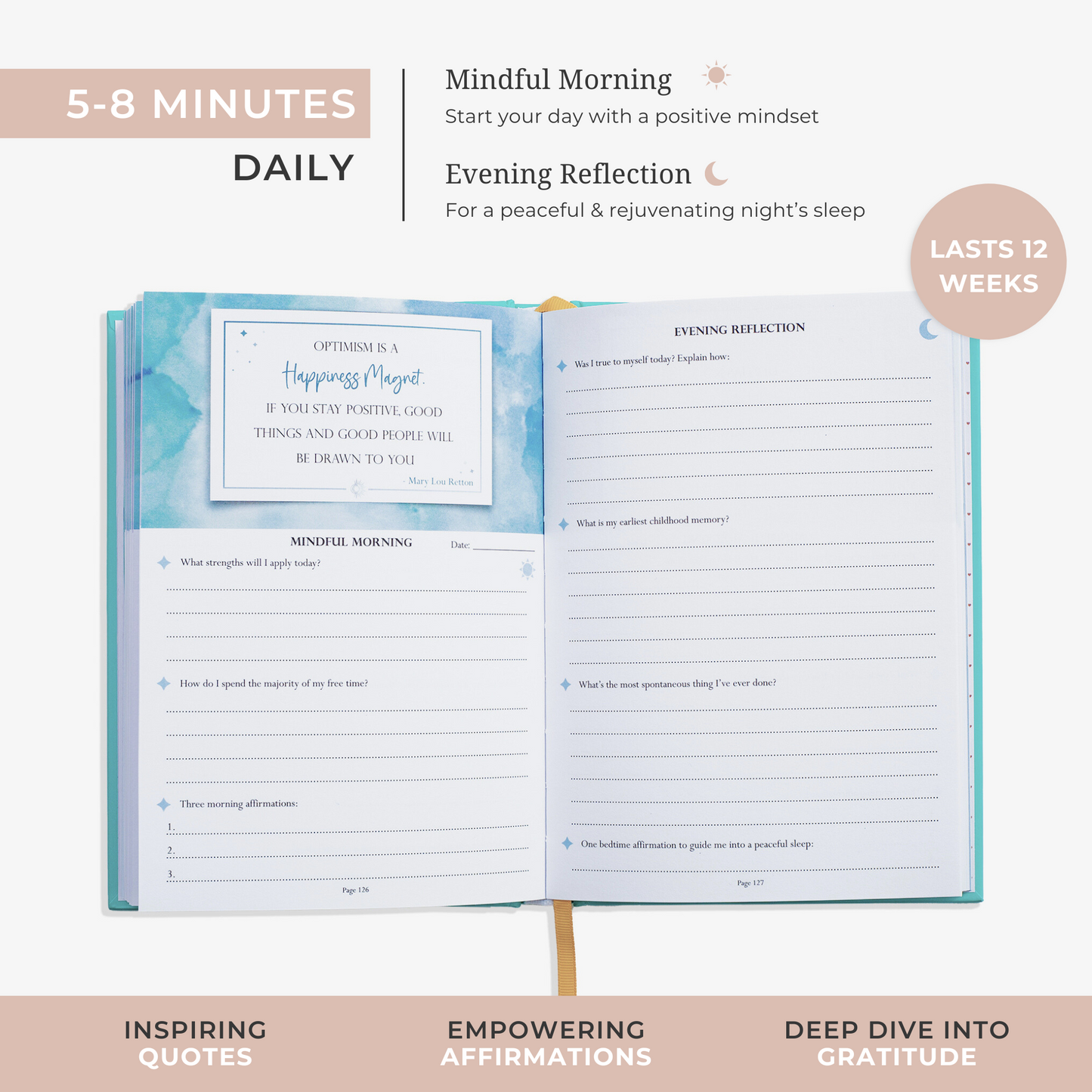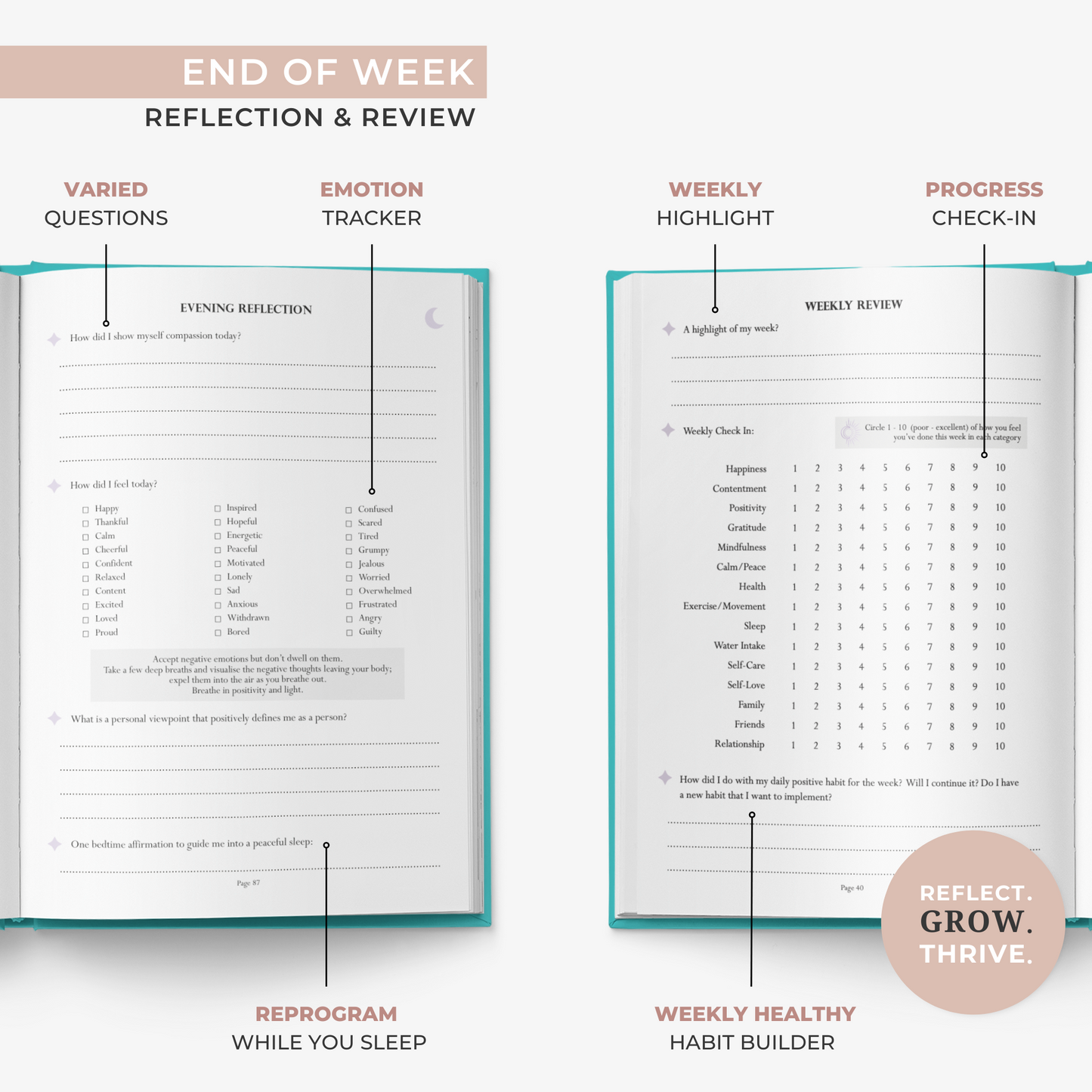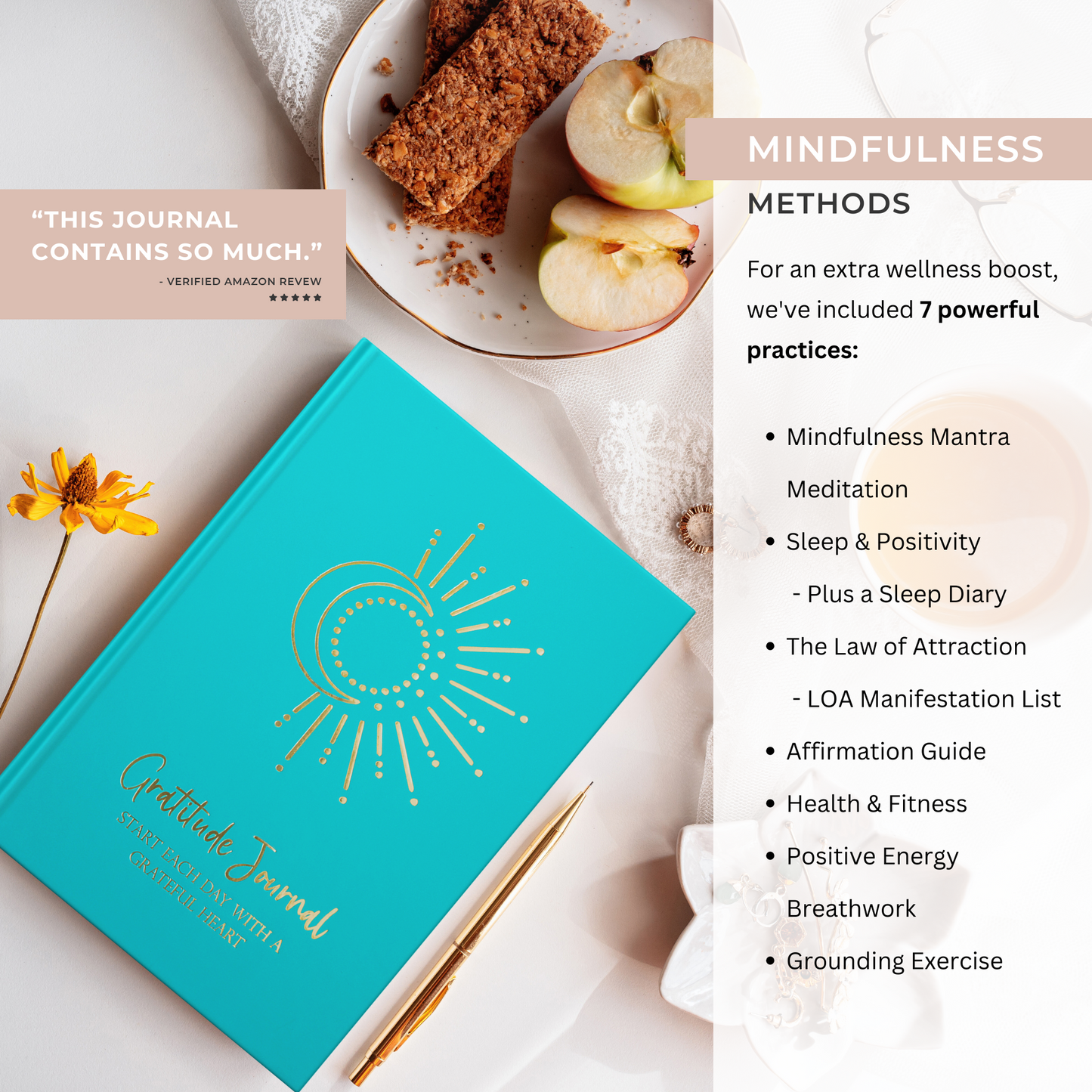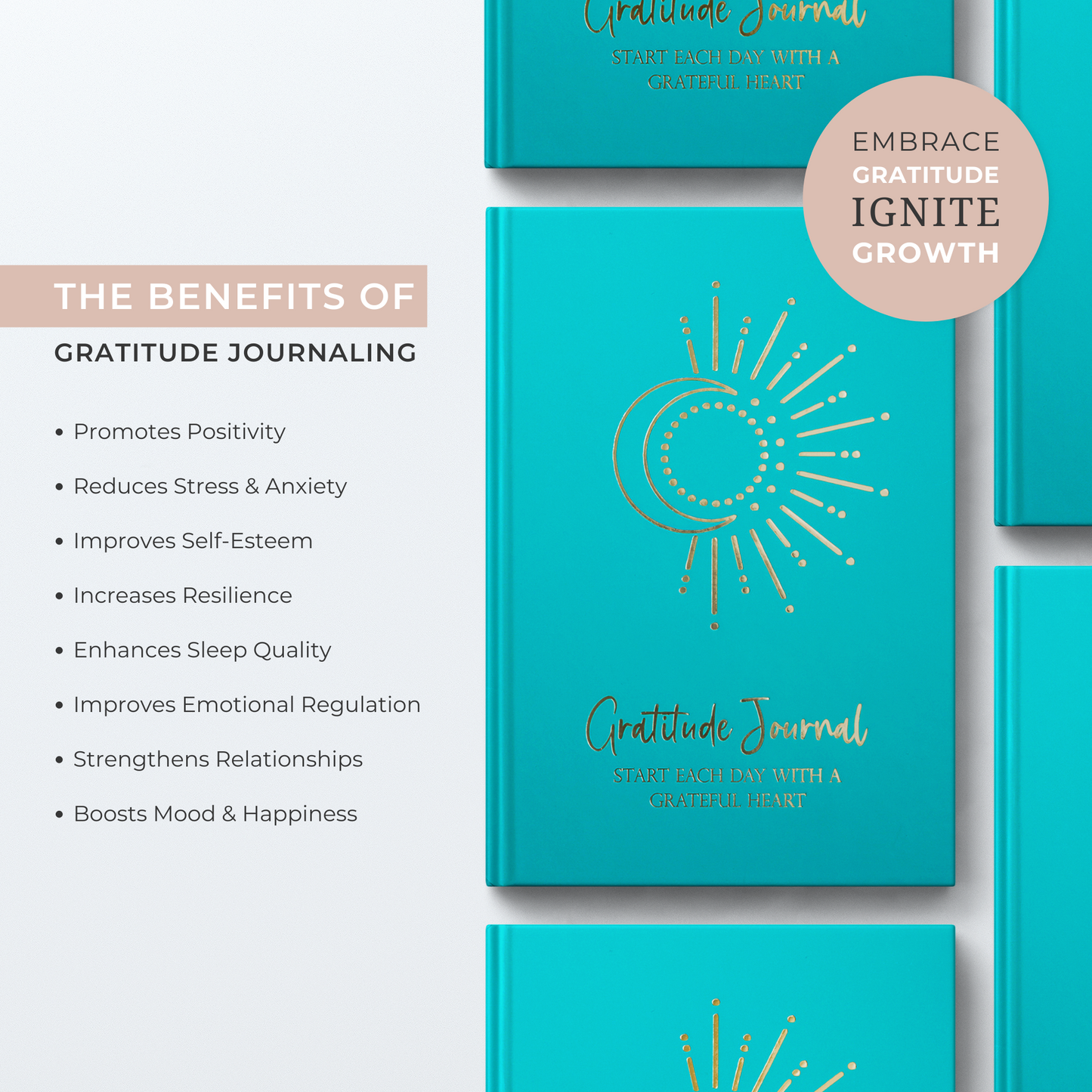The Hidden Struggle: Understanding and Coping with High-Functioning Anxiety
When we think of anxiety, we often picture someone who is visibly stressed, worried, and struggling to cope. But high-functioning anxiety paints a different picture.
Anxiety is a widespread mental health issue affecting millions globally, manifesting in various ways that impact our thoughts, emotions, and behaviors. However, not all anxiety looks the same. While many are familiar with generalised anxiety disorder (GAD) or panic disorder, high-functioning anxiety flies under the radar, yet it is still significant and impactful.
What is High-Functioning Anxiety?
High-functioning anxiety is not an official diagnosis recognised by the Diagnostic and Statistical Manual of Mental Disorders (DSM-5). Still, it’s a term that’s increasingly being used to describe individuals who experience anxiety symptoms yet continue to function effectively in their daily lives. People with high-functioning anxiety often excel in their careers, maintain social relationships, and appear outwardly successful. However, beneath the surface, they are battling a constant stream of anxious thoughts and feelings. In today's fast-paced world, many people are silently grappling with this hidden challenge.
Anxiety vs. High-Functioning Anxiety
To understand high-functioning anxiety, it’s essential to differentiate it from other forms of anxiety.
Generalised Anxiety Disorder (GAD): People with GAD experience persistent and excessive worry about various aspects of life, such as work, health, or personal relationships. This worry is often disproportionate to the actual situation and can interfere with daily activities.
Panic Disorder: This disorder is characterised by recurrent and unexpected panic attacks—sudden periods of intense fear or discomfort that peak within minutes. Symptoms include heart palpitations, sweating, trembling, shortness of breath, and a fear of losing control.
Social Anxiety Disorder: Individuals with social anxiety disorder have an intense fear of social situations where they may be judged or scrutinised by others. This fear can lead to avoidance of social interactions and significant distress in social settings.
High-Functioning Anxiety: In contrast, high-functioning anxiety can be seen as a subset of anxiety that doesn’t necessarily disrupt one’s ability to perform daily tasks. People with high-functioning anxiety may use their anxiety as a driving force to achieve their goals, maintain a high level of productivity, and appear composed and successful. However, this comes at a cost—constant inner turmoil, overthinking, perfectionism, and an inability to relax.
The Paradox of High-Functioning Anxiety
One of the most challenging aspects of high-functioning anxiety is its paradoxical nature. On the outside, everything seems perfect. You’re the one who always meets deadlines, keeps everything organised, and appears calm under pressure. But on the inside, you’re in a constant state of worry, fearing that you’re not doing enough or that something will go wrong.
This internal struggle often goes unnoticed because people with high-functioning anxiety tend to hide their symptoms well. They might be perceived as “perfectionists” or “overachievers” rather than individuals who are struggling with anxiety. This can make it difficult for them to seek help, as they may feel that their anxiety is not “bad enough” to warrant attention.
Recognising the Signs
Identifying high-functioning anxiety can be tricky, especially since those who experience it often mask their symptoms from themselves and others. However, some common signs include:
- Overthinking and Over Planning: Constantly analysing situations and planning for every possible outcome.
- Perfectionism: Setting excessively high standards for oneself and being overly critical of one’s performance.
- Procrastination: Putting off tasks due to fear of failure or the inability to meet one’s own standards.
- Workaholism: Using work as a way to cope with anxiety, often leading to burnout.
- Difficulty Relaxing: Feeling guilty or anxious when not being productive.
- People-Pleasing: Going out of one’s way to please others and avoid conflict.
- Physical Symptoms: Experiencing tension headaches, muscle aches, or digestive issues.
The Impact of High-Functioning Anxiety
While high-functioning anxiety may drive individuals to achieve their goals, it also takes a toll on their mental and physical health. The constant state of stress can lead to burnout, fatigue, and a weakened immune system. Over time, it can also contribute to more severe mental health issues, such as depression.
Current Research on High-Functioning Anxiety
Recent research sheds light on the prevalence and impact of high-functioning anxiety. A study published in the Journal of Affective Disorders found that high-functioning anxiety is associated with higher levels of stress and lower levels of life satisfaction. The study also highlighted the importance of recognising and addressing this condition, as individuals with high-functioning anxiety are less likely to seek help due to their perceived ability to cope.
Another study in the Journal of Anxiety Disorders explored the coping mechanisms used by individuals with high-functioning anxiety. The researchers found that while these individuals often rely on adaptive strategies, such as problem-solving and time management, they also tend to use maladaptive strategies, such as avoidance and denial. This underscores the need for targeted interventions that address both the positive and negative aspects of high-functioning anxiety.
Coping Tools and Strategies
If you recognise yourself in the description of high-functioning anxiety, it’s essential to know that there are ways to manage and alleviate your symptoms. Here are some coping tools and strategies:
1. Mindfulness and Meditation: Practicing mindfulness and meditation can help you stay present and reduce the constant stream of anxious thoughts. The Elysian Wellbeing Gratitude Journal gives detailed guidance on mindfulness and meditation.
2. Cognitive Behavioral Therapy (CBT): CBT is a highly effective treatment for anxiety that helps you identify and change negative thought patterns. Working with a therapist, you can develop healthier ways of thinking and coping with stress.
3. Exercise: Regular physical activity is a powerful anxiety reducer. It helps release endorphins, which are natural mood lifters and can improve overall mental health.
4. Time Management: Creating a structured schedule can help manage the tendency to over plan and overthink. Break tasks into smaller, manageable steps and set realistic goals.
5. Relaxation Techniques: Incorporating relaxation techniques, such as deep breathing exercises, progressive muscle relaxation, or yoga, into your daily routine can help reduce physical symptoms of anxiety.
6. Set Boundaries: Learn to say no and set healthy boundaries to prevent overcommitting and burnout. Prioritise self-care and make time for activities that bring you joy and relaxation.
7. Seek Support: Don’t be afraid to reach out for help. Talking to a trusted friend, family member, or therapist can provide valuable support and perspective.
Conclusion: Embracing Imperfection
High-functioning anxiety is a double-edged sword—it can drive you to achieve great things, but it can also leave you feeling constantly on edge. Recognising the signs and taking proactive steps to manage your anxiety is crucial for maintaining your mental and physical wellbeing.
Remember, it’s okay to seek help, and it’s okay to not be perfect. Embracing your imperfections and prioritising your mental health can lead to a more balanced and fulfilling life. If you’re spinning plates, it’s time to set some down and give yourself permission to breathe.
Your Call to Action...
If you identify with high-functioning anxiety, take a moment today to reflect on how it’s impacting your life. Consider incorporating one or two of the coping strategies mentioned above into your routine. And remember, seeking help is a sign of strength, not weakness. Reach out to a mental health professional if you need support. Your wellbeing is worth it.












